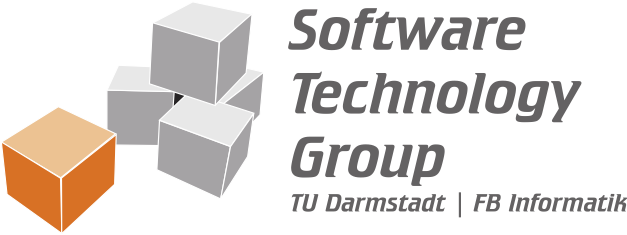
Anna-Katharina Wickert M.Sc.
Software Technology Group
Contact
wickert@st.informatik.tu-...
work +49 6151 16-21364
Work
S2|02 A226
Hochschulstr. 10
64289
Darmstadt
Links
I am a doctoral researcher in the Software Technology Group. My research interests are focusd on static code analysis, API-misuses and software security. Currently, I focus on security problems caused by API-misuses, e.g., for cryptographic APIs.
A well-known problem of cryptography in software is that cryptographic APIs are used in an insecure way. An example is that developers use ECB as a block mode for encryption which is known to be insecure. Within my research we want to support developers to write secure code.
As part of my research within CROSSING, I am a contributor to the official Eclipse Plugin CogniCrypt which supports developers in using cryptographic APIs securely. Further, I contributed to the explainer video about CogniCrypt.
- 2017 – now: TU Darmstadt, PhD student, advised by Mira Mezini
- 2016: University of Uslo, exchange student
- 2014 – 2017: TU Darmstadt, master's degree
- 2011 – 2014: Technische Hochschule Bingen, bachelor's degree
Projects
Open Theses
2018/04/12
Bachelor Thesis, Master Thesis
Today, many applications use cryptographic components to provide a secure implementation. For a secure implementation, it is essential that a developer is aware of the correct and secure usage of cryptographic components. Recent studies have shown that developers struggle with this. Therefore, applications which are intended to be trustworthy, become insecure.
Within our research project “Secure Integration of Cryptographic Software” of the SFB CROSSING, we want to support developers when they integrate cryptographic components in an application. To achieve this aim, we have developed an Eclipse plugin which can generate secure cryptographic code and a static analysis which identifies insecure usages. Currently, we have created all rules checked by the analyis by hand. One of our next steps is to determine how we can automatically generate rules for correct and secure usages.
Examiner: Prof. Dr.-Ing. Mira Mezini
Supervisor: Anna-Katharina Wickert, M.Sc.
Ongoing Theses
Currently no items available.
Publications

Error on loading data
An error has occured when loading publications data from TUbiblio. Please try again later.
-
{{ year }}
-
; {{ creator.name.family }}, {{ creator.name.given }}{{ publication.title }}.
; {{ editor.name.family }}, {{ editor.name.given }} (eds.); ; {{ creator }} (Corporate Creator) ({{ publication.date.toString().substring(0,4) }}):
In: {{ publication.series }}, {{ publication.volume }}, In: {{ publication.book_title }}, In: {{ publication.publication }}, {{ publication.journal_volume}} ({{ publication.number }}), ppp. {{ publication.pagerange }}, {{ publication.place_of_pub }}, {{ publication.publisher }}, {{ publication.institution }}, {{ publication.event_title }}, {{ publication.event_location }}, {{ publication.event_dates }}, ISSN {{ publication.issn }}, e-ISSN {{ publication.eissn }}, ISBN {{ publication.isbn }}, DOI: {{ publication.doi.toString().replace('http://','').replace('https://','').replace('dx.doi.org/','').replace('doi.org/','').replace('doi.org','').replace("DOI: ", "").replace("doi:", "") }}, Official URL, {{ labels[publication.type]?labels[publication.type]:publication.type }}, {{ labels[publication.pub_sequence] }}, {{ labels[publication.doc_status] }} - […]
-
Number of items in this list: >{{ publicationsList.length }}
Only the {{publicationsList.length}} latest publications are displayed here.

